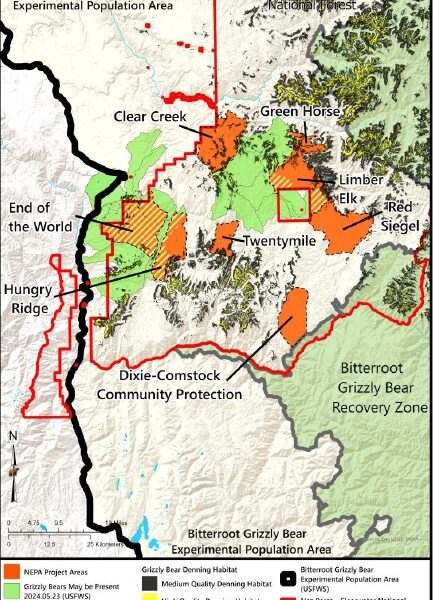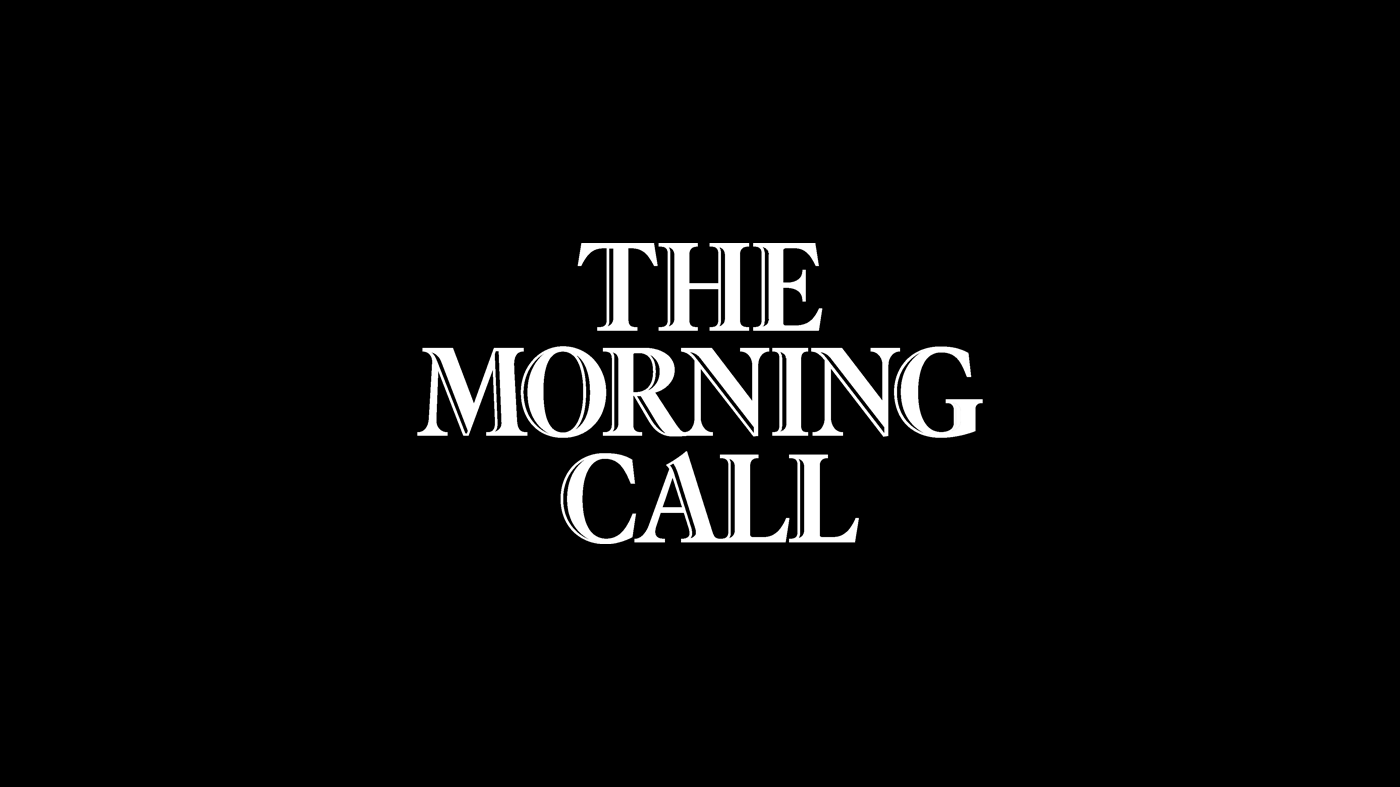UPDATE: A local conservation group has just filed a lawsuit against the U.S. Forest Service, claiming that ongoing and upcoming timber sales in north central Idaho could severely harm grizzly bear habitat and ancient forests. The Friends of the Clearwater initiated the lawsuit in the Idaho District Court on October 3, 2023, seeking immediate action to halt eight timber projects in the Nez Perce-Clearwater National Forest.
The group argues that these projects violate multiple federal laws, including the National Environmental Policy Act and the Endangered Species Act, which are designed to protect endangered species and vital ecosystems. “Logging proponents and the Trump administration believe private profits are more important than the public interest in wildlife habitat,” stated Jeff Juel, policy director for Friends of the Clearwater, highlighting the urgency of the situation.
The lawsuit targets the Clear Creek, Green Horse, Red Siegel, and other projects, noting that they include clearcuts exceeding 40 acres, with some approaching 800 acres. The conservation group reports plans for constructing 80 miles of new roads and reopening existing ones to facilitate what they describe as industrial-scale logging.
According to the complaint, the timber activities threaten to fragment crucial habitat for the already threatened grizzly bears, which rely on these lands for survival. “Together, these projects will disrupt and degrade wildlife habitat, including old growth forests that will not return for at least a century,” the group’s lawyers emphasized.
The proposed logging areas stretch across a vast block of federal land from the Salmon River to the Clear Creek drainage near Kooskia. The cumulative impact is projected to result in 25 square miles of clearcuts. Forest Service documentation indicates that these projects aim to thin overgrown forests, mitigate wildfire risks, and provide millions of board feet of timber to local mills.
For instance, the Lewiston Tribune previously reported that the End of the World project near Grangeville is expected to yield 144 million board feet of timber, while the adjacent Hungry Ridge project could produce 177 million board feet. Officials claim that a University of Idaho study shows 30 jobs are created for every 1 million board feet harvested.
The Forest Service has declined to comment on the lawsuit, referring inquiries to the U.S. Department of Justice. “It is our practice not to comment on issues in litigation,” a press official stated in an email.
As this lawsuit unfolds, the implications for wildlife habitat and local economies remain critical. The situation is developing rapidly, and stakeholders on both sides are closely monitoring the legal proceedings.
Next steps: The court’s response to this urgent lawsuit will be pivotal in shaping the future of timber management practices in Idaho and the health of its ecosystems. Stay tuned for further updates as this story develops.







